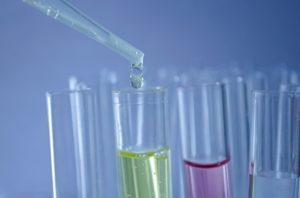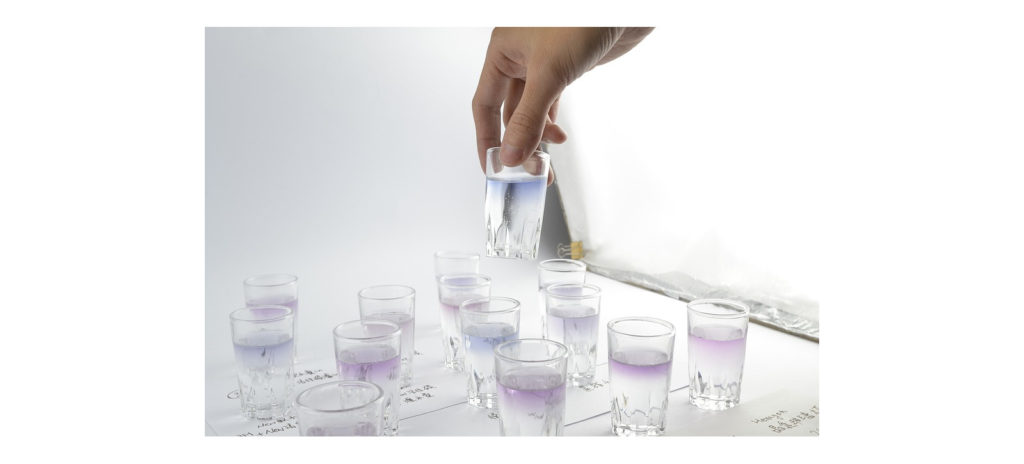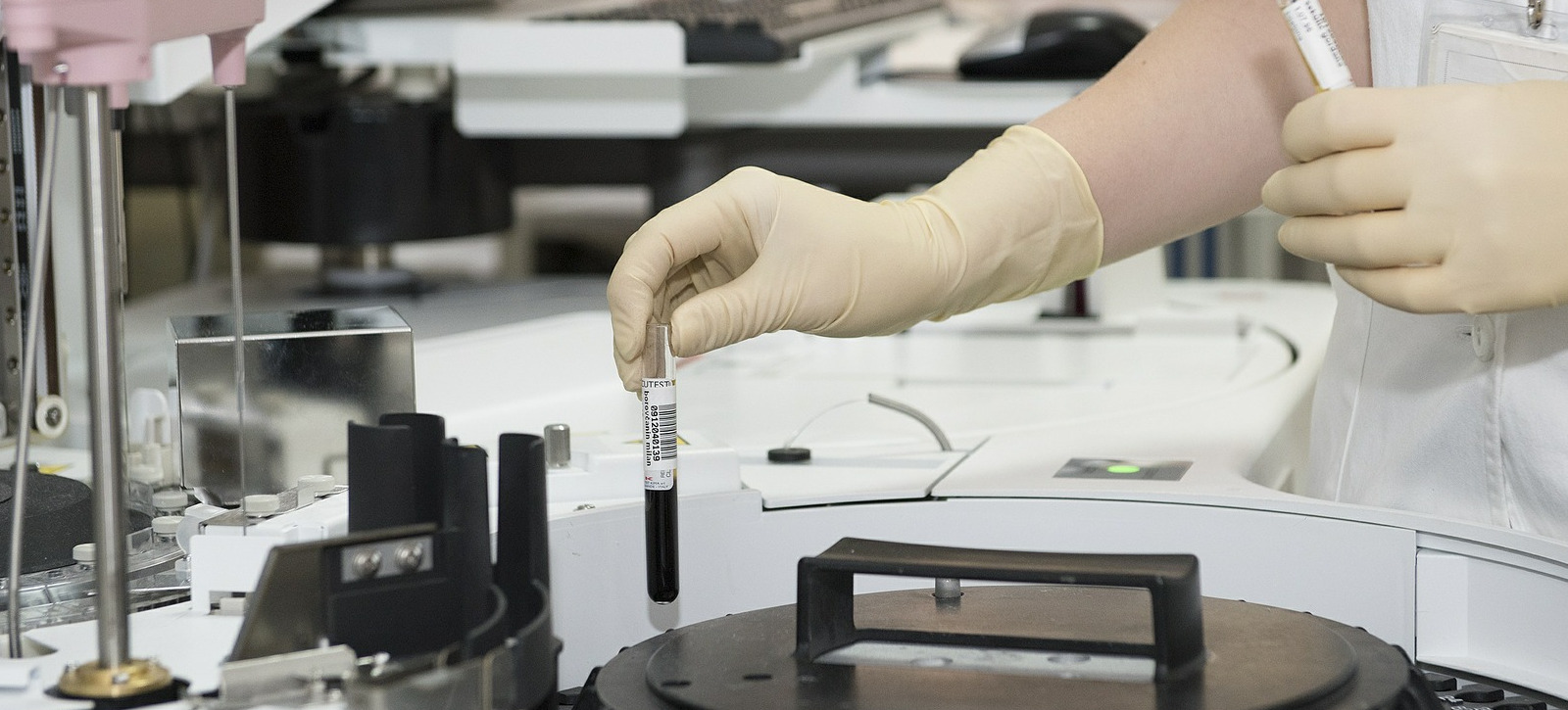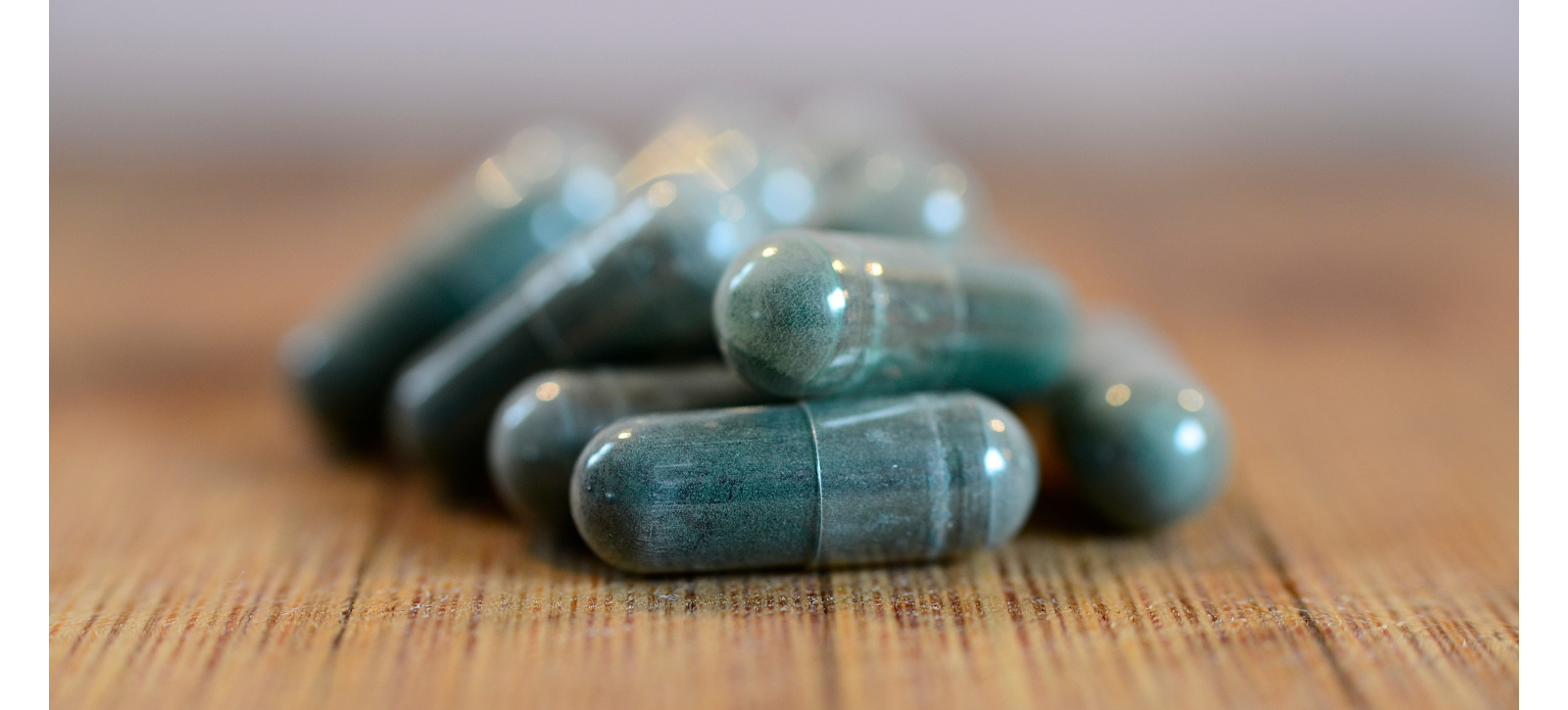The dehumidifier for laboratory equipment you’ve all been waiting for
The pharmaceutical industry is a multi-billion dollar global business where the role of the manufacturing environment plays a critical part in the quality of the end product. Various environmental factors can have an impact on product quality, one of the most important being atmospheric humidity. A laboratory dehumidifier is a must for any maker of pills, tablets, capsules and other medication. In the absence of any kind of humidity control for laboratory equipment, variations in the level of humidity in the manufacturing environment can play havoc with tablet coatings. Furthermore, the absence of dry air can create challenges with regard to the flow of powder, which can have a knock-on effect on filling gelatine capsules with powdered ingredients. Properly controlled levels of humidity are also useful in terms of ensuring the end product retains all its core properties and functions as it’s designed to do.

The role of the laboratory dehumidifier in the dry room environment
The pharmaceuticals sector isn’t the only industry to use dehumidifiers for laboratory equipment and workplaces. The wider chemical industry also employs humidity control system technology, notably in what are called ‘dry rooms’ or ‘clean rooms’. The term ‘clean rooms’ is a nod to the principal role of solutions designed to deliver humidity control for laboratory equipment, namely the removal of contaminants from the air. Excessive humidity is an issues can be tackled by using Dessica’s desiccant silica gel rotor systems. Reducing relative humidity to extremely low levels makes it both easier to manufacture products to meet consistent quality levels and facilitates the storage of certain items often found in the chemical industry field, including lithium ion batteries. Clean room dehumidification also delivers clear economic benefits in the shape of reduced wastage, improved production yields and reduced energy consumption.




